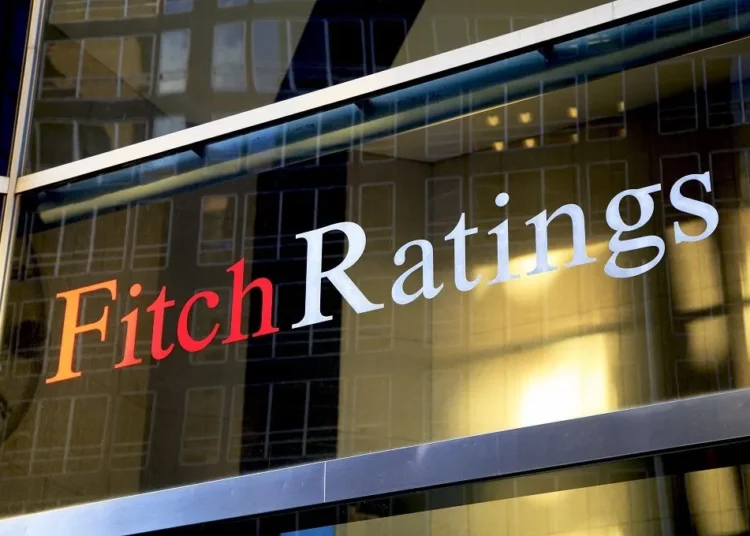With the 30-day moving average of Nigeria’s external reserves standing at $39.785 billion as at the end of October 2024, International rating agency, Fitch Ratings has raised questions over the size of the country’s reserves.
The rating agency in its latest rating of Nigeria estimated that around one-quarter of current gross reserves are made up of foreign exchange swaps with local banks as it stated that “there is significant uncertainty over the size of net reserves.”
The gross reserves of the country had grown by 3.7 per cent in the past month rising from $38.352 billion at the end of September to $39.785 billion at the end of October.
Fitch noted that it expects that most of the forex swaps with the banks will be rolled over.
Fitch in its rating noted that the increases in the reserves had been driven by official disbursements, remittances, portfolio inflows, and an improved trade balance as it forecast that the reserves will “rise to 6.1 months of current external payments at end-2024 (‘B’ median 3.7) and to average 5.3 months in 2025-26.”
It furthered that the improved trade balance is due to lower imports amid rising domestic refining production and the impact of currency depreciation on domestic demand. On foreign exchange stability, Fitch believes that the volatility in the Nigerian market is yet to be over.
Noting the several measures initiated by the Central Bank of Nigeria (CBN) to address forex liquidity challenges and formalise activity to support the currency, Fitch said it “believes that the forex market has yet to stabilise, and the ongoing flexibility of the exchange rate remains to be tested.
The CBN had recently introduced an electronic foreign exchange matching platform for all forex transactions effective 1 December 2024, to provide intraday prices in real-time and enhance transparency.
It had also raised the monetary policy rate (MPR) five times by a cumulative 850 basis points to 27.25 per cent since February 2024.
Fitch anticipated further increase in the MPR in next meeting, which is expected to hold this month, and a “continued use of prudential and operational tools such as open market operations (at rates closely aligned to the MPR) to strengthen monetary policy transmission after years of financial repression.
“We project inflation, which rose to 32.7 per cent year on year in September due to exchange rate pass-through and higher food and gasoline prices, to average 33 per cent in 2024 (‘B’ median 4.2 per cent) and 26.2 per cent in 2025.
Fitch had in its latest rating affirmed Nigeria’s Long-Term Foreign-Currency Issuer Default Rating (IDR) at ‘B-‘ with a Positive Outlook. The positive outlook reflects progress in implementing reforms that improve policy coherence and credibility, and reduce economic distortions and near-term risks to macroeconomic stability.
These include exchange rate liberalisation, monetary policy tightening and efforts to restore fiscal discipline, including the absence of deficit monetisation in recent months and phasing out fuel subsidies. “The subsequent rise in foreign portfolio investment inflows, greater formalisation of forex activity and official forex inflows ($48 billion in 1H24, compared with $34 billion in 1H23) have supported the recovery in international reserves.”





